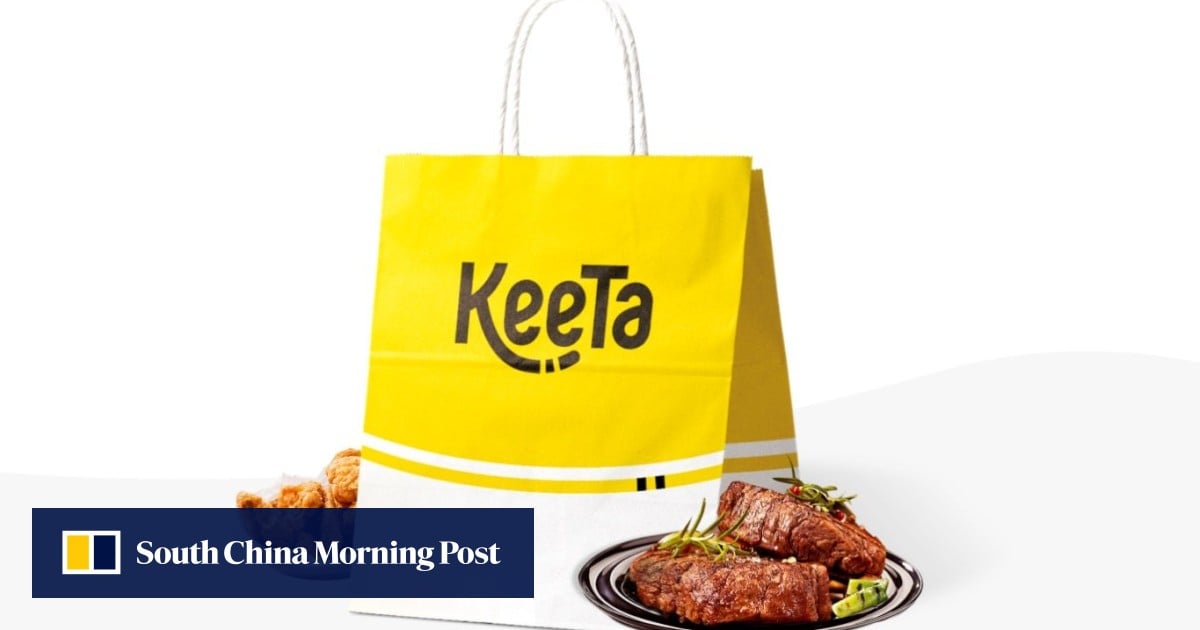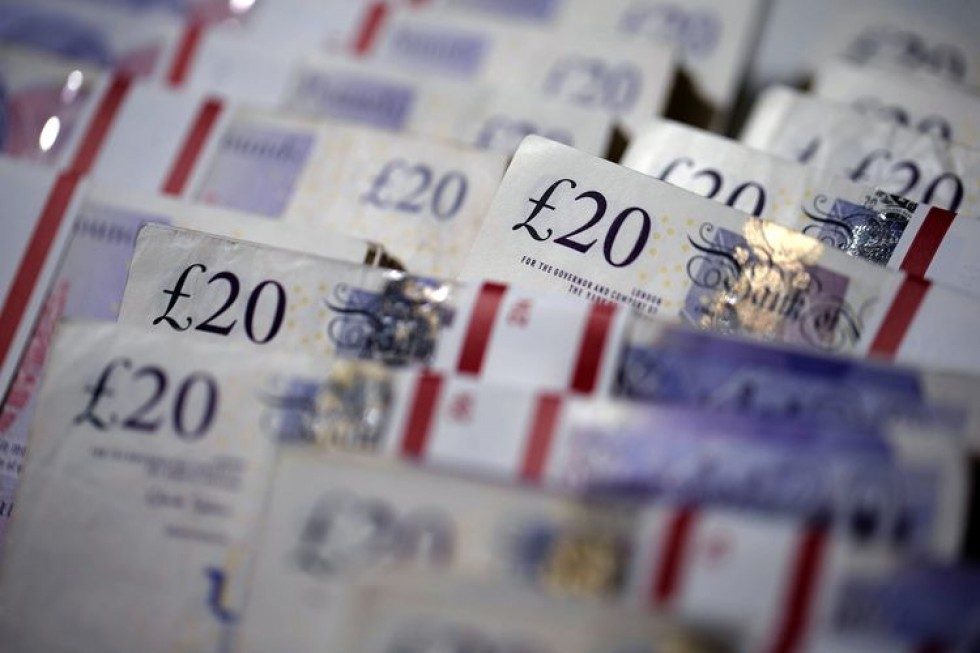TOKYO, Japan — In the wake of mounting worries about forced labor in China’s Xinjiang region, Uniqlo owner Fast Retailing reiterated on Thursday that the company does not employ any materials linked to human rights breaches in its supply chain. Takeshi Okazaki, the company’s chief financial officer, talked to the media after the company reported a net profit of 151 billion yen ($1.38 billion) for the first nine months of current fiscal year, up 67 percent from the same period last year. According to local media reports, French prosecutors are investigating Fast Retailing and other global garment companies in Xinjiang for possible crimes against humanity. The United States Senate enacted legislation on Wednesday prohibiting the import of products from Xinjiang, where Uyghurs and other Muslim communities, according to US officials, are subjected to ongoing genocide. However, Okazaki stated that the company had not been contacted by French authorities. “If such an investigation is launched, we will fully assist with it, and we hope they will recognize how seriously we are working on human rights issues in our own supply chain,” he said. Fast Retailing had recognized the human rights issue as the “most critical business challenge,” according to Okazaki. “We have made an effort and led the industry to address the issue,” he said.
Takeshi Okazaki, the company’s chief financial officer, claims that no materials in the supply chain are linked to human rights crimes. (From the Google Meet page of Fast Retailing)
A cargo of shirts for the Uniqlo casualwear chain was stopped from entering the United States in January on suspicion of being created with forced labor in Xinjiang, according to a report released in May. Uniqlo stated that the shirts were made from cotton grown in the United States, Australia, and Brazil, and assembled in Chinese factories. The United States’ January embargo, according to Okazaki, had no effect on the company’s business. “We recognize that we must adhere to US regulations,” he added, “but we expect clarity in protocols and clear standards.” The group’s consolidated revenue increased 9.9% to 1.69 trillion yen in the nine months to the end of May, owing to excellent results in Japan and Greater China. Fast Retailing increased its operating profit by 72 percent to 227 billion yen. Fast Retailing decreased its 12-month projection for the period ending in August by a smidgeon. It now anticipates sales to rise 7% to 2.15 trillion yen from the previous fiscal year, and operating profit to rise 64% to 245 billion yen. The previous estimates were 2.21 trillion and 255 billion yen, respectively. Fast Retailing, on the other hand, noted that recent performance in Japan and China fell short of expectations. Last Monday, Tokyo announced a fourth state of emergency, and numerous prefectures are in a quasi-state of emergency. As a result, Okazaki anticipates “subdued” consumption. According to Okazaki, Chinese customers are willing to pay more for vacation than for clothing. However, overall sales in the region are likely to increase dramatically this year, surpassing levels seen prior to the pandemic. “We are unconcerned about China’s consumption. We will continue to address the needs of our customers. While local businesses are becoming more appealing, we must consider how we can set our items apart from the competition “Added he./n





